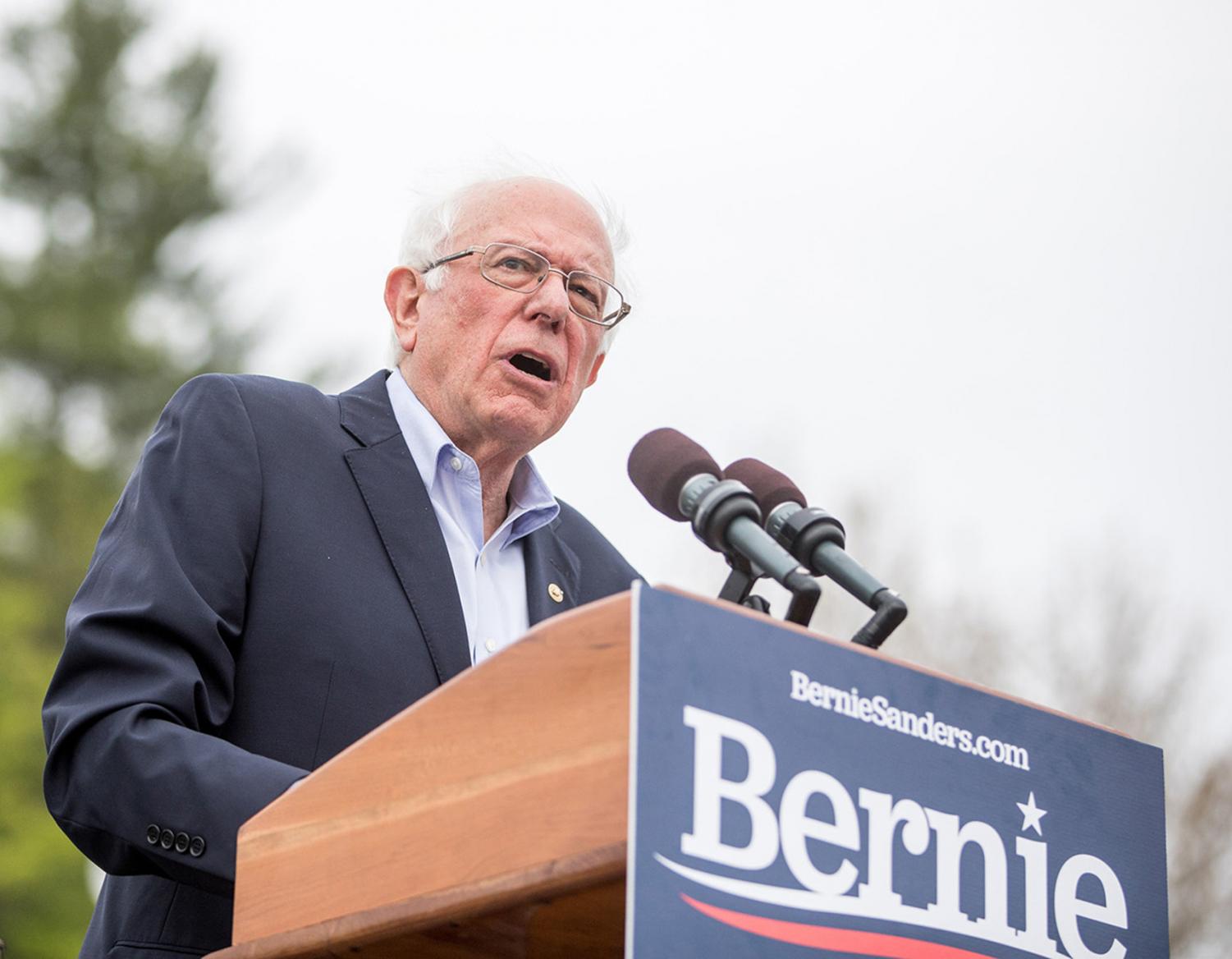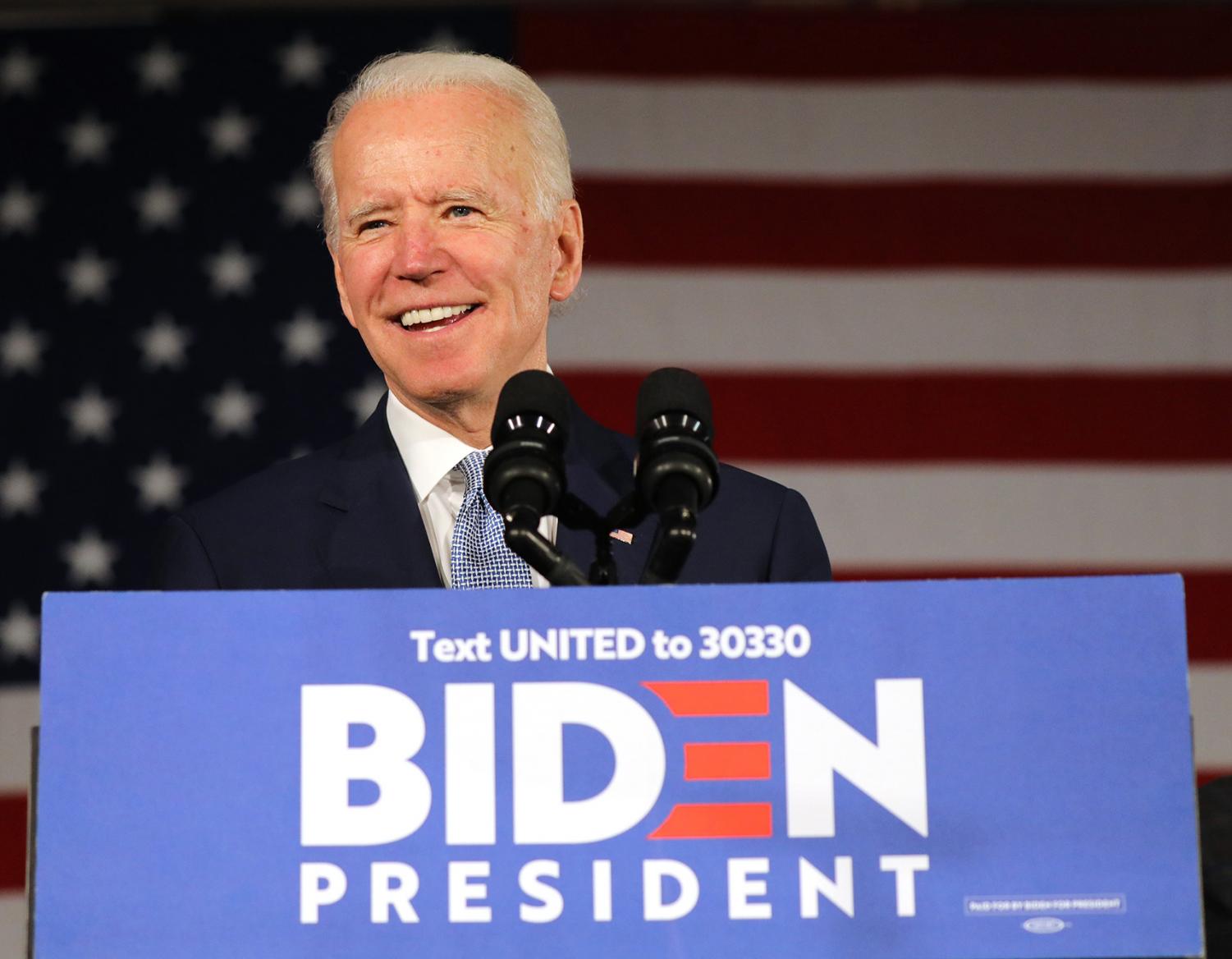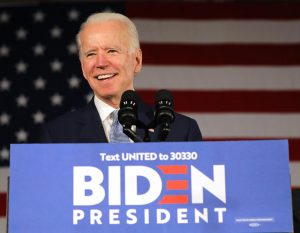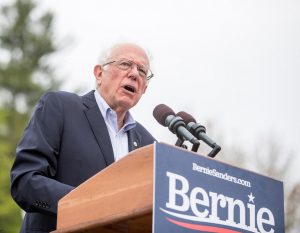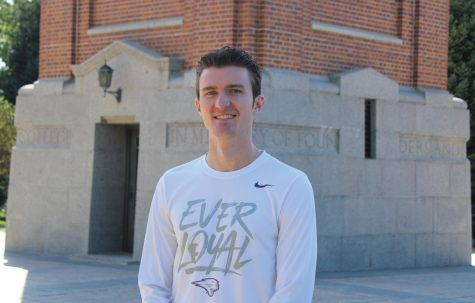‘Super Tuesday’ leaves uncertainty
Mar 5, 2020
With all the hype surrounding Super Tuesday and its plethora of delegates to be handed out for the Democratic presidential nomination, the day has finally come and gone. With that, we now have a clear picture of how this race is shaping up and the candidates who will be in it for the long haul. Right after the South Carolina primary and right before the March 3 primaries and caucuses, we had eight Democratic candidates in the race for the nomination. The day after Super Tuesday, we now only have three candidates (four, if you count Tulsi Gabbard, who is surprisingly still in the race). The main two, former Vice President Joe Biden and Senator Bernie Sanders, represent the divided modern Democratic party, and the third, Senator Elizabeth Warren, has a campaign running on fumes and is still holding onto the hope that she can make a miraculous comeback. Regardless of who gets the nomination from the Democrats, it is still a question if either Biden or Sanders can actually unseat the incumbent president in November of this year.
President Trump is by default the favorite in this race by the power of the incumbent, which, in theory, gives him a 90% chance of winning re-election based on past presidential elections. If one looks at previous presidents who were voted out of office after one term, the list includes George H.W. Bush in the 1992 election and Jimmy Carter in 1980. Bush had multiple reasons for his defeat, including his “no new taxes” promise, followed by a tax increase during his term, the third-party candidate Ross Perot pulling in disaffected Republican voters and the general voter fatigue of having a Republican president for three consecutive terms. Carter was met with a struggling economy, hostages in Iran and a massively popular conservative icon in Ronald Reagan, who’s communication skills and clever campaign tactics won over voters put off by the Carter administration. However, Trump has largely kept to his campaign promises and is one of the most popular Republican presidents within the party in history, with some polls showing over 90% approval amongst registered Republicans. He has an extremely loyal base of followers, and has accomplished what many Republican voters elected him to do (tax cuts, immigration reform, fighting the war on terror and among other policies). There hasn’t been anything during his term (yet) that would have put off Republican voters to the extent of Bush in 1992, meaning that the Republican base can be counted on to come out in full force for Trump in 2020.
As we all know, a presidential candidate has to win over swing state voters and moderate voters in order to win the election, and cannot just rely on the registered voters in their party to win. When it comes to swing-state voters, a candidate like Bernie Sanders would likely have trouble winning over many of these poll-goers due to his outlandish left-wing policies. While Sanders does have a strong supporting base (much like Trump), most of his support stems from these voters. Many suburban, middle-class voters will be hesitant to vote for him because aside from Bernie’s base, most Democrat and swing-state voters do not want to see the country move too far to the left. Conversely, a candidate like Joe Biden will have a much easier time winning over independent voters, but Biden generally doesn’t have the energy around his base in the way Sanders and Trump do. Biden does not have a lot of support from young voters, which is a critical demographic to win over if a candidate wants to win a presidential election. Simply put, many voters wouldn’t be as motivated to go out and vote for Biden with the same energy as Sanders. Not to mention, a Biden nomination will undoubtedly have a large part of the Sanders base sit the election out, much like in 2016.
Regardless of my predictions and how the field is shaping up, there are still many primaries to go as well as of course the general election in November. Pollsters and political pundits can try and paint the picture of how elections will turn out, but in reality, no one knows for sure what will happen until the results are final.


